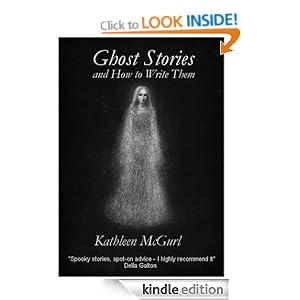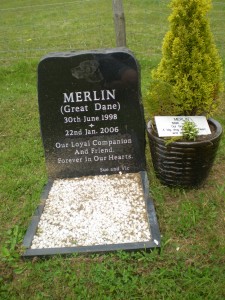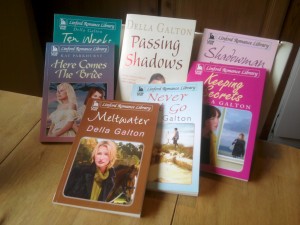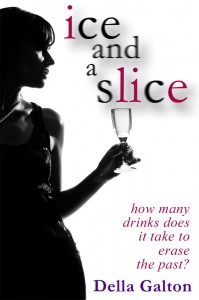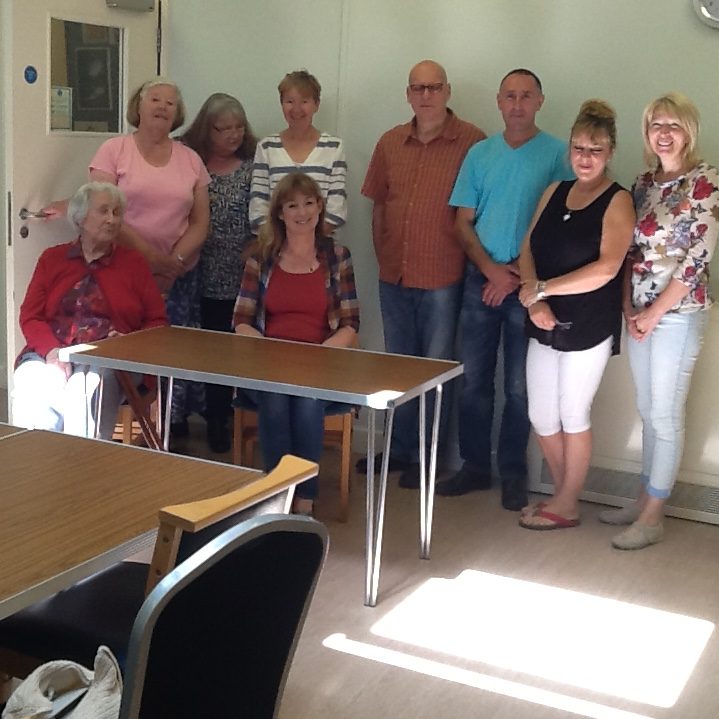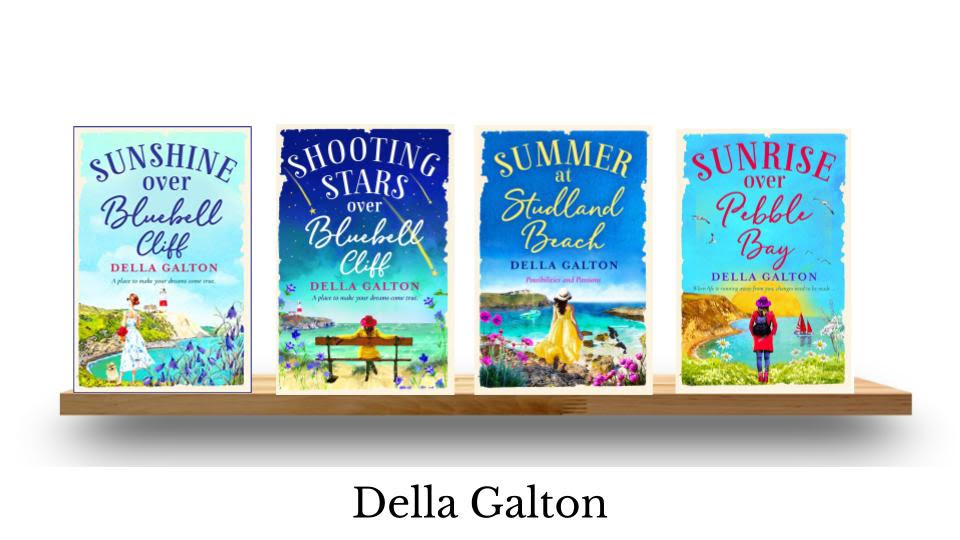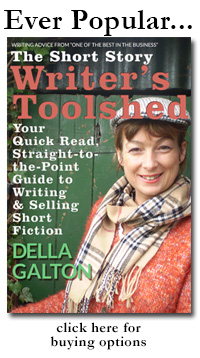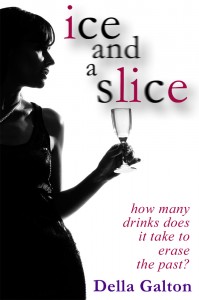 Just in case you’re short of some reading material on this lovely, brrrr, summer weekend, here’s Chapter One of my new novel, Ice and a Slice…
Just in case you’re short of some reading material on this lovely, brrrr, summer weekend, here’s Chapter One of my new novel, Ice and a Slice…
Chapter One
The first thing she noticed was the tinny metallic taste in her mouth. And then came the thirst. The thirst was so bad it had got into her dreams and forced her awake. No, not awake, aware – a slowly growing awareness which was coming, sense by sense.
Like sound. She could hear an echoey blur of footsteps and voices, which rolled in and out of her head. Closer by, something electronic beeped. Beep, beep, beep – steady and rhythmic – beep, beep beep.
Where was she? She opened her eyes and was hit by a wall of light. She shut them swiftly. She felt as though she was made of crystal, cool and brittle. She was a thin glass person who could be shattered by the slightest touch.
After a while she tried opening her eyes again. This time the room swam in various shades of light, but she managed to squint long enough to focus. To her left was a tall metal stand with a clear bag of fluid clipped to the top. To her right was some kind of machine, which seemed to be the source of the beeping. Close to her cheek was the edge of a thin blue woven sheet, but it felt more like a tablecloth than a sheet. She shifted a little to get away from its roughness and her head spun.
“So you’re awake then?” A blurred face leaned over her. She made out red lipstick, a thin line of a nose, kind eyes.
“Drink?” she gasped.
The face moved away, then loomed back in and she was aware of a straw close to her mouth. “Take it steady.”
Ignoring the advice, she sucked greedily and her throat was suddenly awash with coolness – the wonderful coolness of water – and then she was retching, choking, drowning. A firm hand supported her back. “Easy does it.” She tried again, more carefully, and this time with more success.
“You’re in ICU,” the voice went on. But she wasn’t really listening, didn’t really care; there was nothing more important than water; the need for it blanked out every other sense, every other feeling.
It was about thirty seconds later that the pain kicked in.
There was a deep, deep ache in her lower back, sparked off by the movement of leaning forward to drink. She moaned and the voice returned. “Gently does it, love. Slowly, slowly…”
The other voices – the further away voices – were still rumbling in the background and now she could make out odd snatches.
“She’s in a very weakened condition – I really wouldn’t advise visitors.”
“I want to bloody well see her. Tell him, Jim. Tell him we want to bloody well see her now.”
Oh God, that was her mother. What was her mother doing here? And why was she swearing? She never swore. Something bad must have happened. Something very, very bad.
Beneath the awful aching her heart began to thump harder and the beep of the machine sped up to keep time.
Then all at once they were there; the lumbering shadows of her parents sliding into the light. Her father bulky and silent – he never said much, he couldn’t get a word in edgeways most of the time – and her mother in her Evans black and white knitted jacket.
“Oh, Sarah-Jane, whatever are we going to do with you? Whatever are we going to do with her, Jim?”
Her mother’s usually ruddy cheeks were pale and she didn’t look as though she’d combed her hair lately. She was shaking her head now, a frown creasing her forehead, and her face was reproachful.
“It’s okay,” Sarah-Jane began, desperate to reassure them, but she only managed the very first bit of the ‘it’ so her voice resembled that of a mouse – a very small mouse caught in a trap – and the hand she’d meant to lift to calm her mother seemed to be attached to a wire. She glanced at it, which turned into a painful and rather shocking moment as there was a needle in the top of her hand which led to the wire which, in turn, led to another machine that looked like an old fashioned typewriter.
“Oh,” she said. “Oh…oh…”
“What’s she saying, Jim? Do you think we should call the doctor?”
Something niggled at the back of her mind. It was something to do with a party. Had she been at a party? A snapshot of memory drifted in. Herself draped on a chair watching someone walk across the terracotta carpet. They were carrying a tray of mushroom vol-au-vents.
“SJ, love, can you hear me?” The kindness of her father’s voice brought a sharp ache to her throat. “SJ, lovie?” He’d moved closer to the bed and was holding her hand in a fumbling, awkward kind of way. They had never been a touchy feely family. And when she looked up at him she saw that his eyes were full of tears and the ache in her throat intensified. Dad never cried. He was trying very hard not to do it now. He sniffed twice and rubbed his cheek with the side of his index finger, a tiny little movement that broke SJ’s heart.
She couldn’t speak and she couldn’t bear to see the pain on his face. Shutting her eyes again she let herself drift backwards into the soft black space of her mind.
The next thing she was conscious of was someone lifting the wrist that wasn’t wired to the machine and taking her pulse.
It was the nurse who’d given her the water. She had tiredness lines around her eyes and spoke gently. “How are you feeling?”
“Quite bad,” SJ said, hearing her voice come out hoarse and unused.
The nurse nodded and wrote something on a clipboard. “You’ve got a visitor if you’re up to it.”
As she spoke another woman slid into SJ’s line of vision. She was small and serious-looking with bobbed hair and Yves St Laurent glasses.
“Hello, Sarah-Jane. I’m Doctor Maria Costello; I’m from Clinical Medicine. I’d like to have a little chat with you if I may?”
SJ nodded, although her consent was clearly not required. The doctor had already pulled up a chair.
“Do you know why you’re here?”
“No. Have you come to tell me what’s wrong with me?”
“Would you like me to tell you what’s wrong with you?”
“Yes please.” SJ lay back on her pillow, exhausted with the effort of speaking. Everything still hurt and she could smell antiseptic hand wash. It was beginning to make her feel sick.
She watched the doctor’s face through half closed eyes. Shadow memories lurched at the back of her mind and suddenly she wanted to say, “No, stop, I’ve changed my mind. I don’t want to know.”
But it was too late. The doctor’s mouth was moving again, her words crisp and precise. “You are suffering from alcoholic poisoning. On Sunday your husband found you unconscious at home and he called an ambulance. If he hadn’t acted as quickly as he did, you wouldn’t be here now. The quantities of alcohol we washed out of your stomach were more than enough to kill you.”
SJ covered her face with her hands. The memories were taking form, becoming less shadowy, forcing their way up to the surface.
There had been some terrible argument with Tom. She’d been trying to stop him leaving the house. She was holding tightly onto his arm and he was trying to shake her off and his face had been grimmer than she’d ever seen it. As if he really hated her. As if he couldn’t bear to be married to her for a moment longer.
She could feel herself starting to shake, in a place deep inside. Because there were other images coming too, only these were more detached. She was watching herself from a distance. She was watching herself cross the hallway of her house, go into her lounge and unclip the gin bottle from the optic behind Tom’s bar. She could see her own hands getting out glasses and lining them up – a long line of glasses on the bar.
Four crystal tumblers, two pewter tankards, five little shot glasses Tom used for whiskey chasers if ever he was in the mood, and one commemorative wine glass with the words Sarah-Jane and Tom, on their wedding day, May 2009 inscribed on the side.
“I did this to myself,” she said, closing her eyes.
The doctor’s voice was very serious. Almost cold. “Are you conscious of the danger you placed yourself in? Last Sunday afternoon you drank almost a full litre bottle of gin. I’d like you to tell me why.”
And if you’d like to know what happens next you can find out for less than the price of a gin and tonic 🙂 by clicking here







